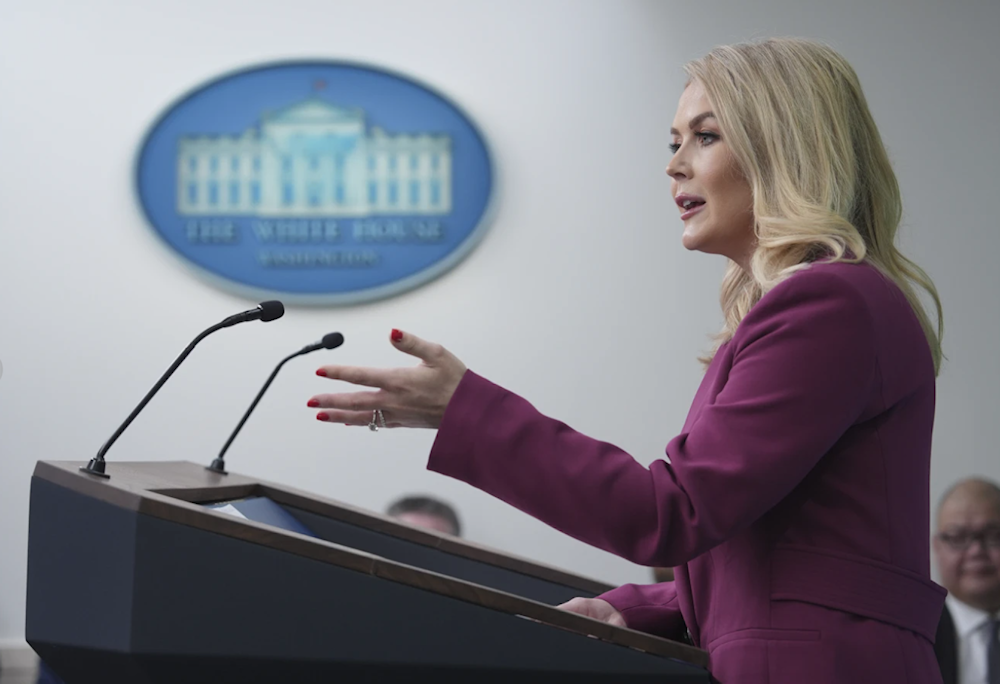White House says July deadline for higher tariffs may be extended
White House Press Secretary Karoline Leavitt told reporters the July 9 date is "not critical."
-

White House press secretary Karoline Leavitt speaks during a briefing at the White House on January 28, 2025, in Washington. (AP)
The Trump administration may push back a July 9 deadline for higher tariffs on imports from several countries, White House Press Secretary Karoline Leavitt revealed Thursday.
While President Donald Trump has already implemented a broad 10% tariff on most US trading partners this year, he has temporarily paused more aggressive tariffs on dozens of economies to allow room for negotiations. That pause is now approaching its expiration.
When asked whether the deadline could be extended, Leavitt responded, "Perhaps it could be extended, but that's a decision for the president to make," adding that the July 9 date is “not critical.”
"The president can simply provide these countries with a deal if they refuse to make us one by the deadline,” she said, adding that this gives him the ability to impose a reciprocal tariff rate he believes benefits the country.
Leavitt also noted that US Trade Representative Jamieson Greer is actively engaged in talks and has held "good and productive discussions with many of our key trading partners."
Read more: Trump claims US-China trade deal finalized, awaits Xi's approval
Early this month, Trump enacted a sharp increase in import tariffs on steel and aluminum, with rates doubling to 50%. The move marks a significant escalation in Trump’s trade war strategy and is likely to deepen tensions with several key economic partners.
The move is aimed at shielding domestic metal industries from what the former president calls “unfair foreign competition.” Trump previously imposed a 25% tariff on steel and aluminum imports during his first term. The updated measure now raises that figure to 50%, showing his commitment to protectionist economic policies.
Framing the move as vital to national security and industrial resilience, Trump said the original tariffs had not done enough to help American producers. The presidential directive stated that the previous 25% rate “had not yet enabled” domestic steel and aluminum sectors "to develop and maintain the rates of capacity production utilisation that are necessary for the industries’ sustained health and for projected national defence needs.”
The White House posted the full order on X, emphasizing that higher import duties would “reduce or eliminate the national security threat posed by imports of steel and aluminium articles and their derivative articles.” The announcement follows a renewed push by Trump to center his 2024 campaign rhetoric on economic nationalism and industrial protection.

 3 Min Read
3 Min Read










